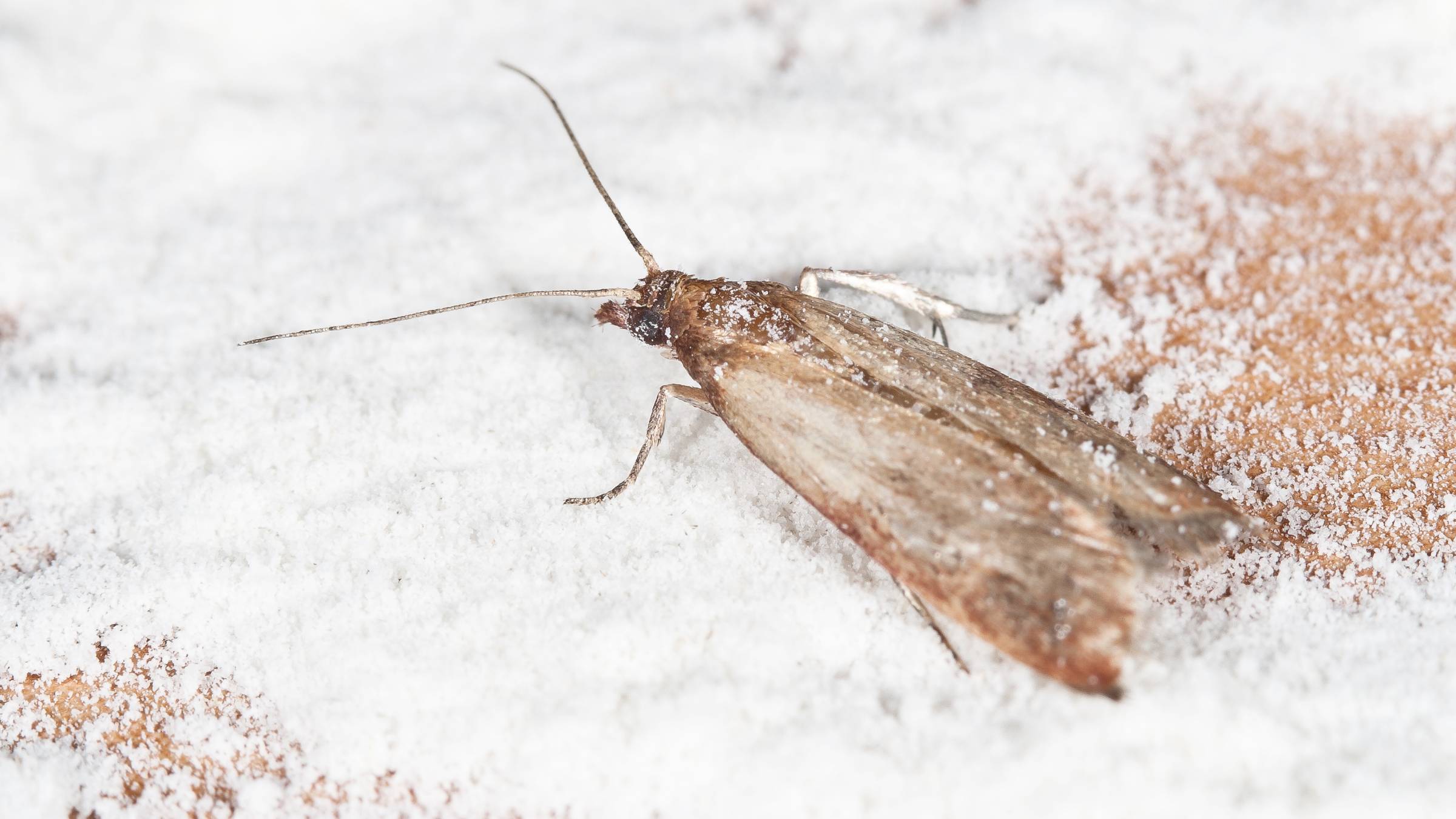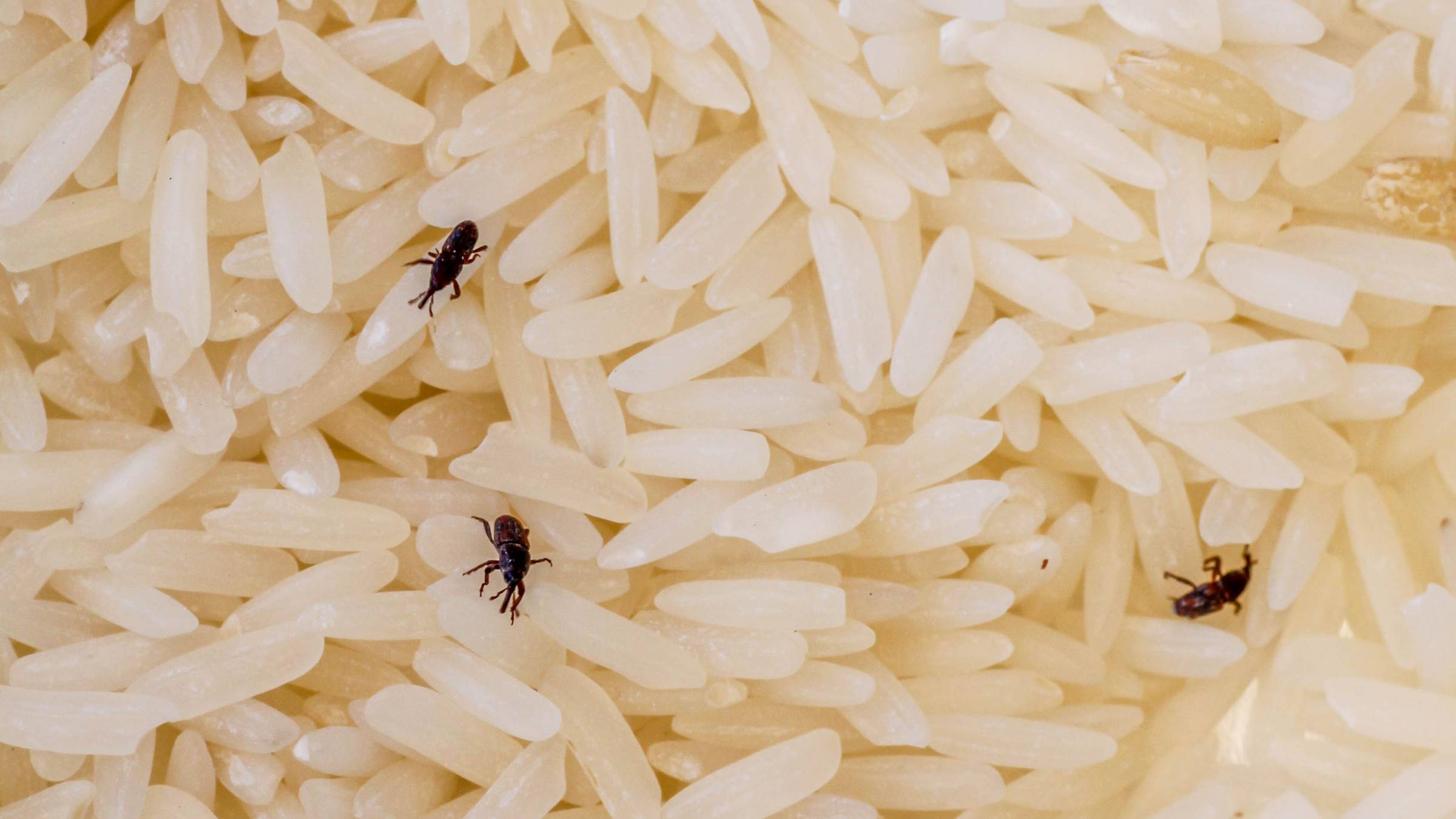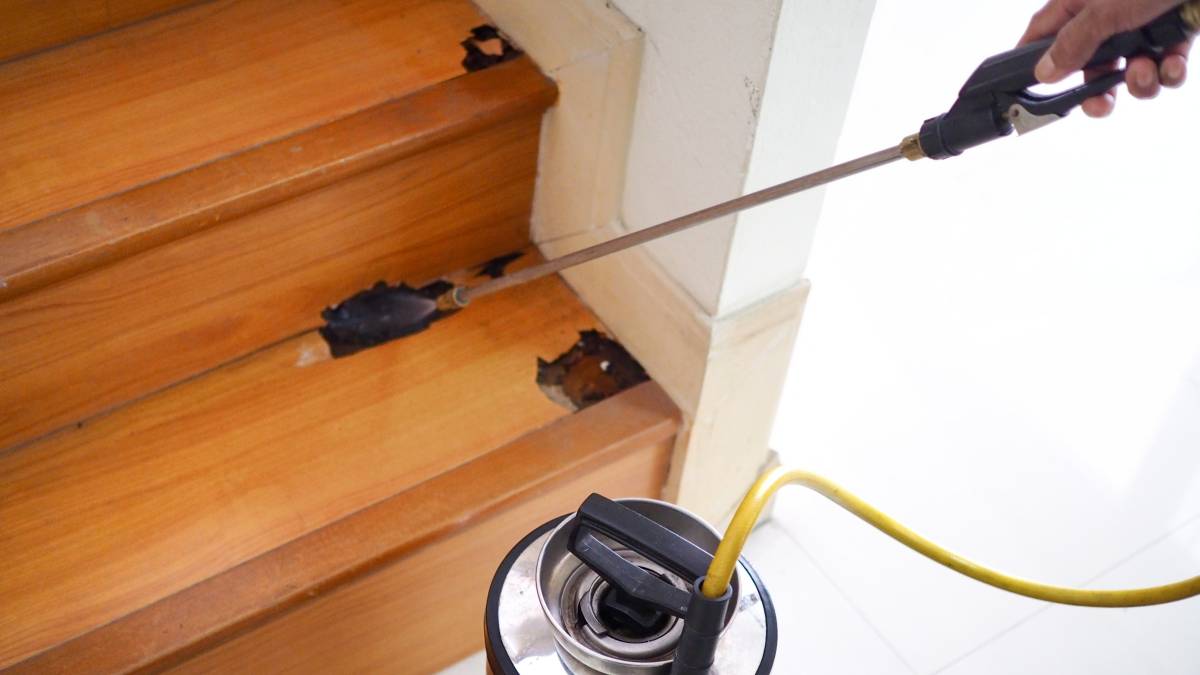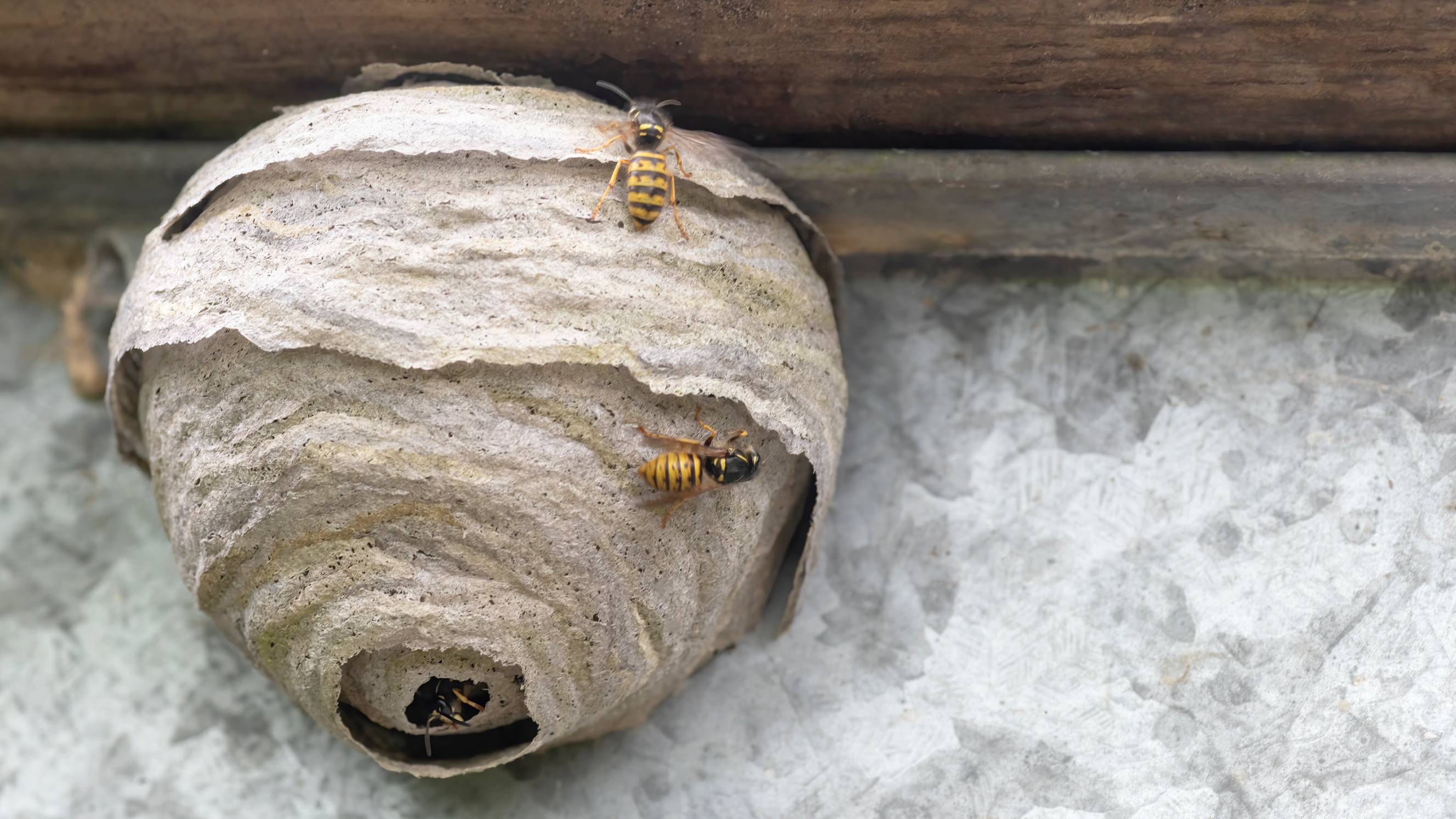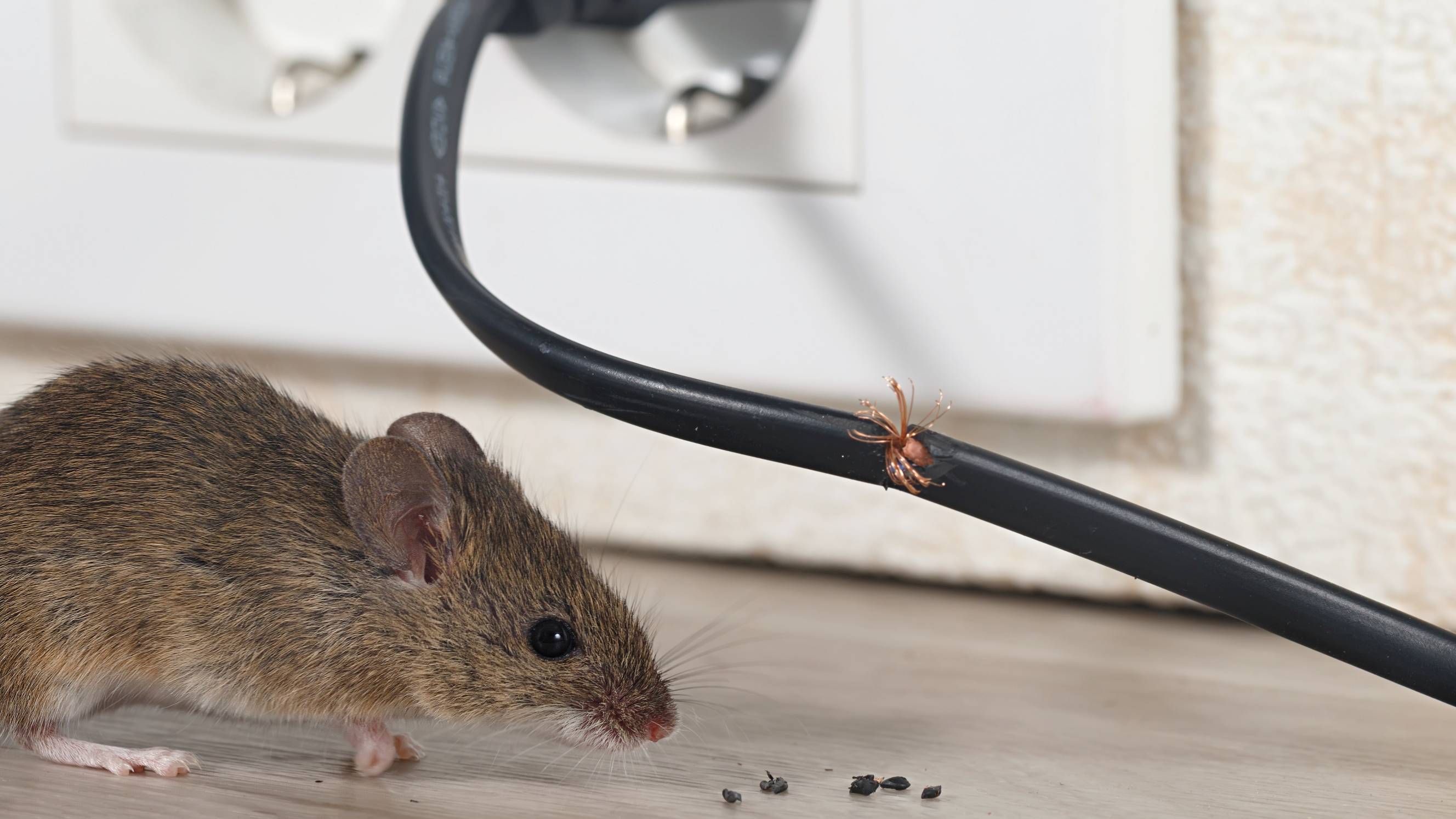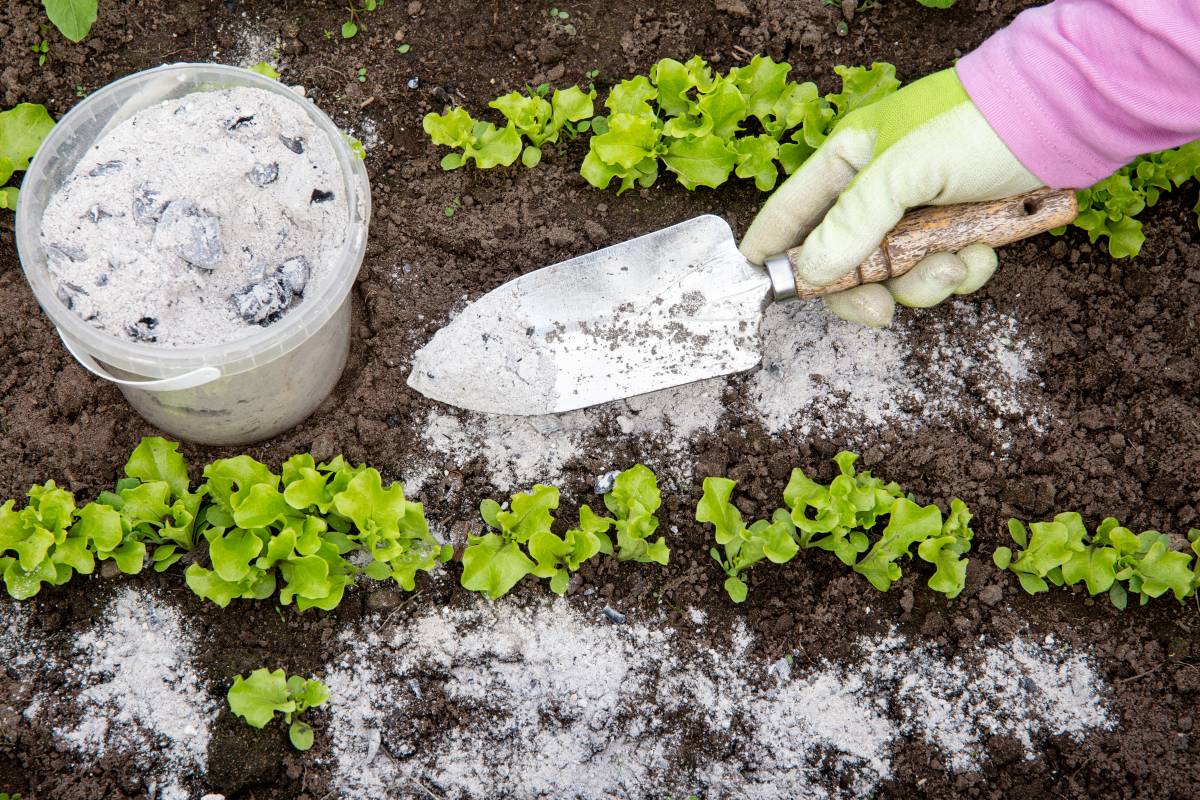
- Home/
- Guides/
- Pest Control/
- Common Garden Pests and How to Prevent Them
The most common garden pests and how to deal with them
Tips and tricks for keeping garden pests at bay
Last Updated on
Garden pests can wreak havoc on flowers, foliage, and vegetables. From bugs that eat your leaves to disease-carrying vermin, we've listed down the most common garden pests. You'll also learn natural garden pest control methods to lessen their destruction.
Read on to know what garden pests to look out for and how to control them.
1. Slugs
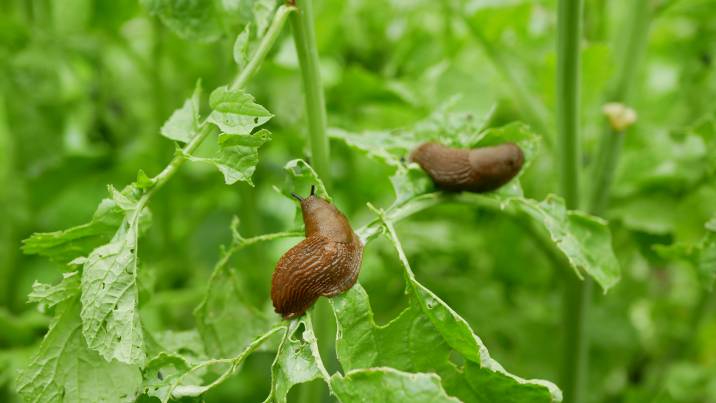
Both snails and slugs eat holes in pretty much everything, including leaves, stems, flowers, tubers, and bulbs–damaging the plants in a way that worsens over time. Seedlings are most at risk from a slug attack, especially during the spring months.
How to control them
- If you’re protecting vegetables and flower beds, you can use slug pellets to ward off slugs.
- Alternatively, you can use serrated copper tape. This is a wire that emits a small electric shock, creating a line that the little slugs will not cross!
2. Aphids
Aphids include green and black flies, which are roughly 5mm long, sometimes with wings and sometimes without.
These slow-moving critters love to feast on plant sap, which can distort growth and create a sticky substance that grows mold. Aphids can also transmit plant viruses and create visible colonies in your plants, causing them to stop growing or curl their leaves as they weaken.
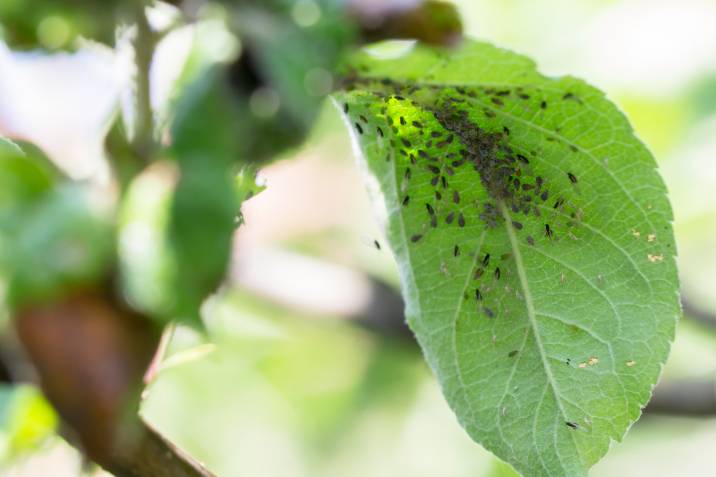
How to control them
To keep your aphids under control, try the following:
Wash your plants with strong sprays of water.
Encourage aphid midges, lacewings, and lady beetles into your yard as they are all native predators.
Cover your plants with floating row covers.
Use hot pepper or garlic spray.
Apply horticultural oil or insecticidal soap.
3. Cabbage maggot
For those with a vegetable garden in North America, the cabbage maggot is a problem, especially in Chinese cabbage. Look for holes in leaves or dark green droppings and discoloration on your cauliflower and broccoli.
How to control them
You can get rid of these pests by:
Handpicking
Burning the roots of harvested plants
Planting dill, fennel coriander, or basil to make a smell that will drive the pests away
Using an organic insecticide. (Try to avoid chemical sprays.)
4. Rats
Rats are categorised as vermin as they spread disease. They will usually set their nests beneath decking or in sheds.
How to control them
- Keep rats out of your garden by ensuring the area stays clean and free of food sources.
- Keep your lawn trimmed, and keep an eye out for nests if you begin to spot rats in your yard.
- Rats dislike peppermint, so you can soak cotton balls in peppermint oil and place them around the yard to help keep them out.
5. Colorado potato beetle
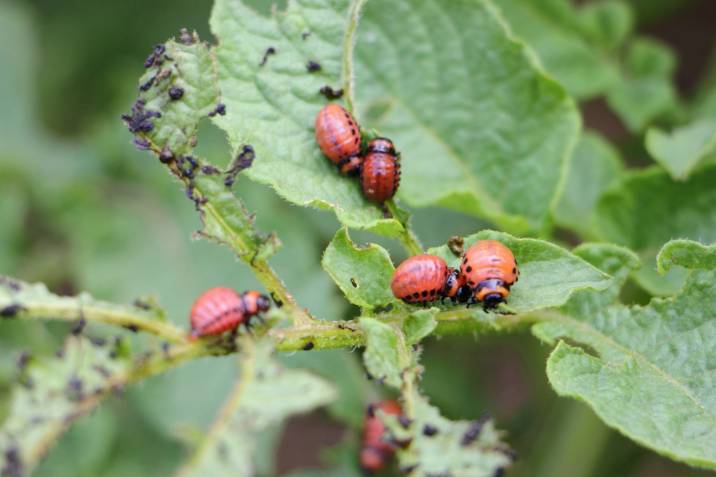
If you see yellow-orange beetles that have ten black stripes on their wing covers, you may have a Colorado potato beetle problem. These pests love potatoes, tomatoes, eggplant, and petunias and are very common throughout North America.
How to control them
They will defoliate plants and the best ways to get rid of them are:
Applying floating row covers
Using deep straw mulches
Handpicking them off
Attracting native predators like birds, which can be lured with seed or a bird house
6. Mexican bean beetle
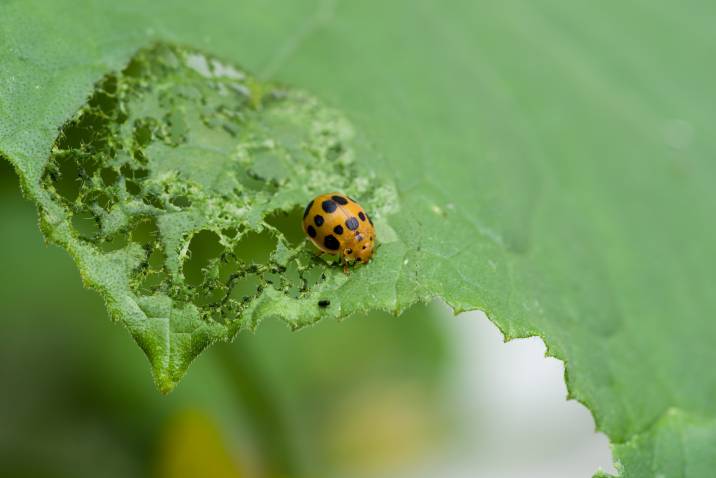
The Mexican bean beetle is oval-shaped with a yellow-brown color, roughly 1/4-inch in size with 16 black spots on wing covers. They create white larvae that are fat and found on cowpeas, lima, snap, and soybeans in most states that sit east of the Mississippi River. You'll also find them in Arizona, Colorado, Nebraska, Texas, and Utah.
How to control them
Using floating row covers
Planting your bush beans early in the season
Planting a soybean trap crop
Luring draw spined soldier bugs to your yard
Spraying insecticidal soap
7. Flea beetle
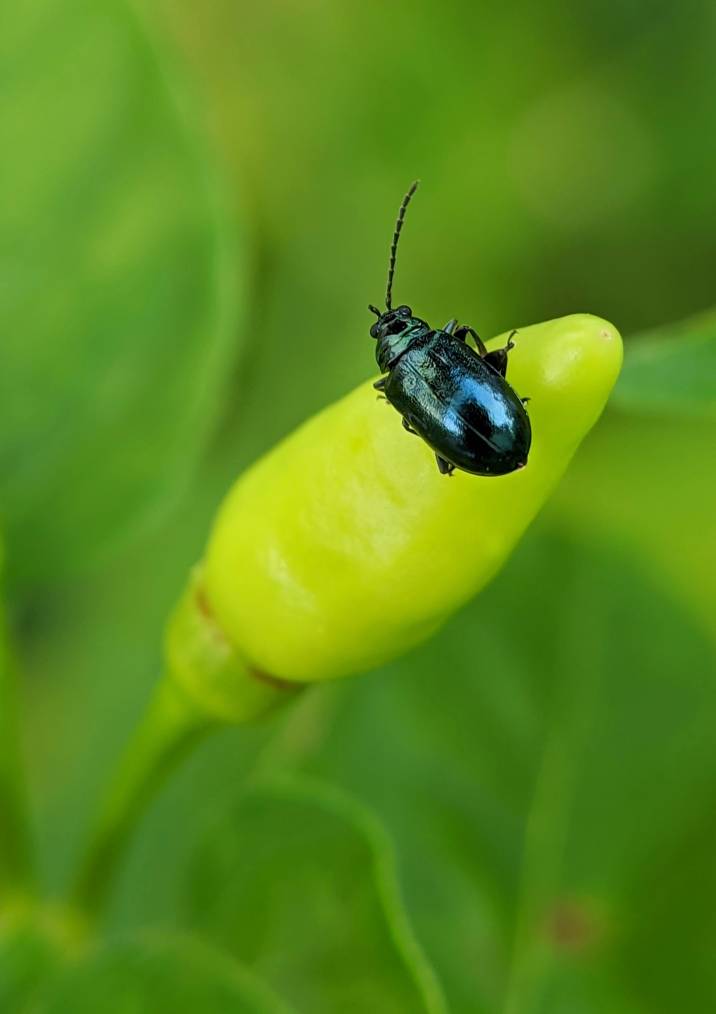
Flea beetles are small and dark critters that jump like fleas when you bother them. They love vegetable crops in North America and will chew small, round holes into the leaves of your plants. The larvae will also destroy the roots.
How to control them
There are two ways to keep them under control:
Use floating row covers.
Spray your plants with garlic or kaolin clay.
Keep your garden safe from common pests
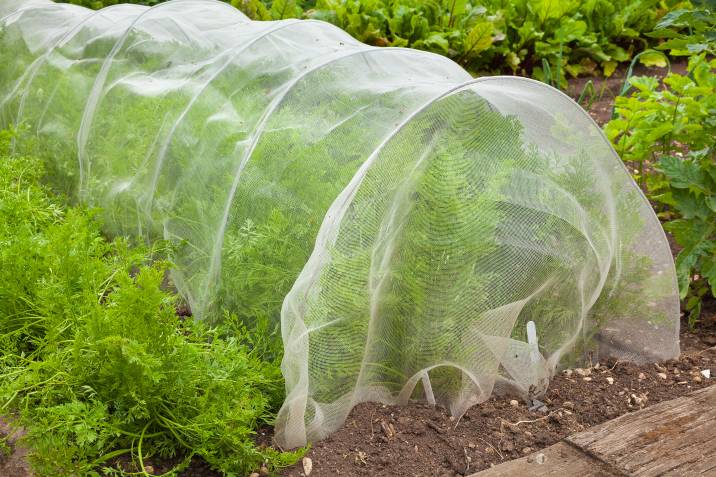
By identifying garden pests, you'll know how best to get rid of them and ensure your garden stays healthy. You can book a garden pest control service if the situation calls for a professional. Maintaining your garden and getting rid of garden waste can also lower the chances of creating pest hideouts.
☞ Learn more: Gardening tips
FAQs on garden pests
Aphids are some of the most common garden pests in America. They love fruits and vegetables, flowers, shade trees, and ornamentals. These garden pests suck plant sap, cause mold growth, and spread viral diseases.
Rats can be considered one of the worst garden pests as they not only eat your plants and vegetables but also spread disease. They love to set their nests beneath decking or in darker places like sheds. Keep your garden clean and free of food sources to lower the risk of a rat infestation.
Many different bugs can infest your garden, eating away at your plant life. The most common are caterpillars, aphids, and slugs. Luckily, there are a few methods that will keep this to a minimum; You just have to be vigilant and keep an eye out for signs of chewing on leaves and fruit.
Find pest control experts, fast
Find pest control expert
Related articles
Related price guides
